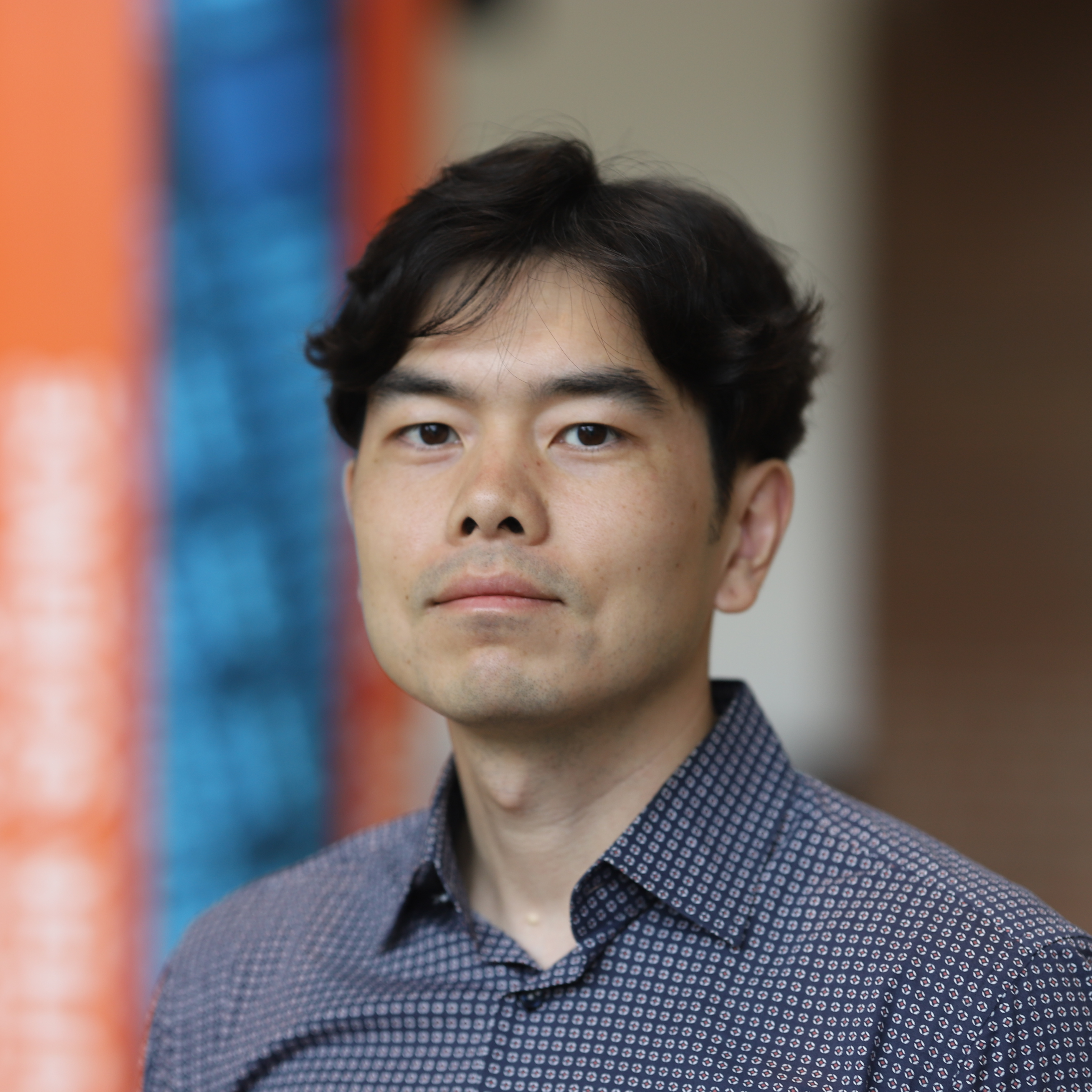I am an assistant professor in the Department of Electrical Engineering and Computer Science at Syracuse University. In my previous life, I was a postdoctoral research scientist in the Causal AI lab at Columbia University. Before that, I obtained my PhD degree in Computer Science at Columbia University, advised by Elias Bareinboim.
Position Opennings
I am currently seeking potential Ph.D. students who are passionate about conducting in-depth research in causality and artificial intelligence. When considering Ph.D. candidates, the most important factors for me are their motivation to conduct high-quality research and a strong undergraduate-level foundation in probability theory. Master and undergraduate students are also welcome. To apply, please send me an email including your CV and transcript to jzhan403@syr.edu. Make sure to use “Prospective” in the subject line of your email.
Research Interests
My research focuses on causal inference theory and its applications to artificial intelligence, reinforcement learning, and machine learning. I am particularly interested in understanding the principles of robust decision-making in the context of biased data-collection and distribution shifts, including challenges of confounding bias, selection bias, and external validity, and using that understanding to develop more efficient, robust, and fair decision-making systems (i.e., agents). Broadly speaking, my research is part of an emerging research branch called Causal Reinforcement Learning. In case you are interested, here are a few questions I’ve been exploring:
- How do we evaluate the causal effects of interventions from biased data? How do we draw robust causal and counterfactual claims in the presence of distribution shifts and incomplete causal knowledge about the data-generating environment?
- How can robust off-policy learning methods be developed to evaluate candidate policies from biased offline data? How to extrapolate informative knowledge from offline data to accelerate a future online learning process?
- How can ethical concepts such as fairness and discrimination be incorporated into AI decision systems? How to audit these AI systems to detect potential discriminatory behaviors under the disparate impact framework?
Latest News
- Sep 26, 2024: Paper accepted in NeurIPS-24.
- Aug 19, 2024: I will be joining Syracuse University as a Tenure Tracked Assistant Professor starting in Fall 2024.
- Jan 26, 2024: Paper accepted in ICLR-24.
- Dec 08, 2023: Two papers accepted in AAAI-24 (1, 2).
- Oct 15, 2023: Invited talks in INFORMS Annual Meeting, Pheonix.
